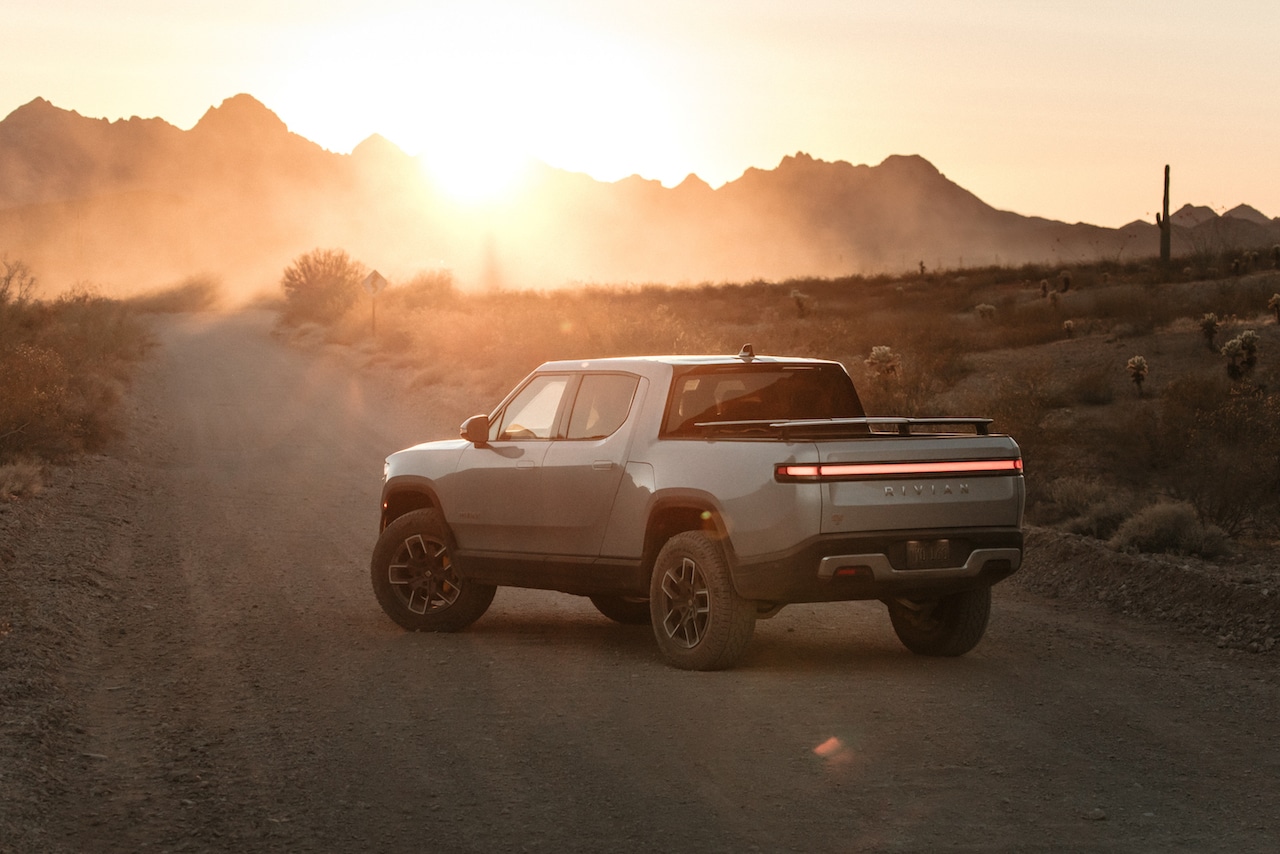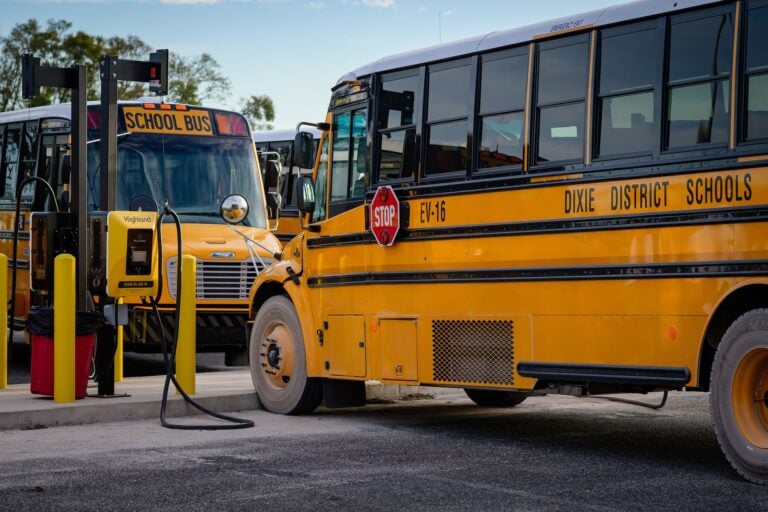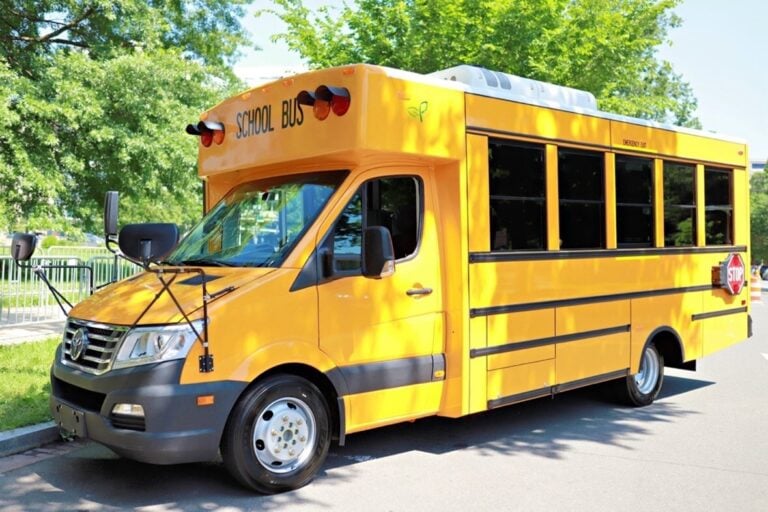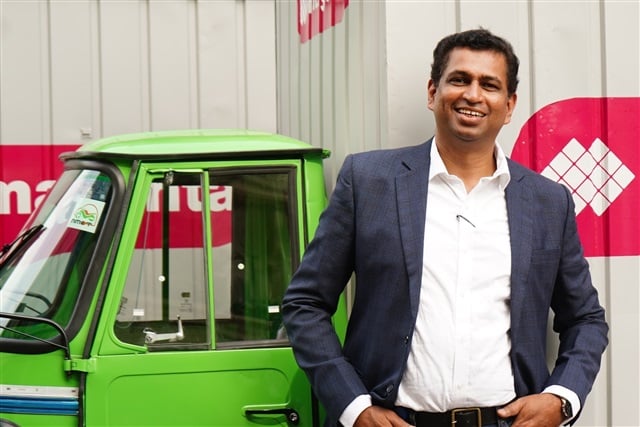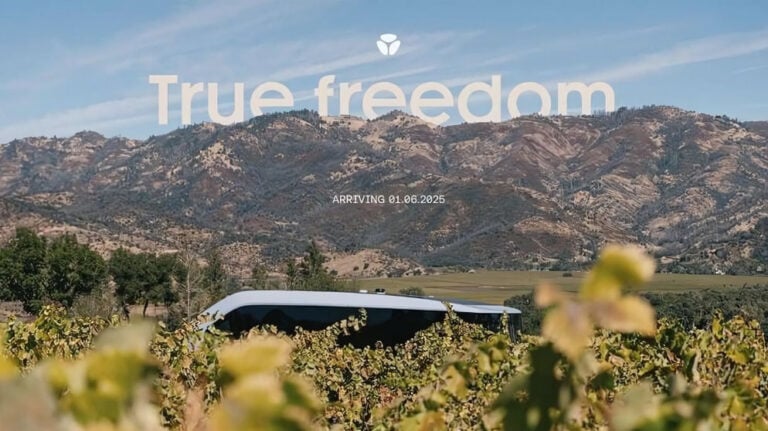Irvine, CA – Rivian and Nashville-based Clearloop are partnering to bring online Rivian’s first megawatt of renewable electricity in a uniquely impactful way. Their approach brings solar energy to a part of the country where new renewable development can help to maximize system-wide carbon reductions.
The Paris Solar Farm – Puryear in Tennessee will be the first installation in Henry County, which is located on the Sun Belt roughly 100 miles east of Nashville. The project utilizes unique approaches to financing and siting that aim to put renewables on more fossil-fueled grids where they can displace more coal and natural gas.
Rivian provided upfront financing for one megawatt of the 6.75-megawatt project, which will cover electricity used by Rivian Waypoints chargers planned for Tennessee state parks as well as other clean energy commitments in the region. Rivian’s capital helped to kickstart construction of the overall project and demonstrates corporate demand for renewable power in the region, Clearloop leaders say.
Power purchase agreements – long-term contracts for a certain amount of renewable power and the associated environmental attributes at a set price – have driven the lion’s share of new corporate renewable projects. While they’ve been impactful in bringing new clean energy online, they’re scaling quickly primarily in states with liquid wholesale electricity markets or retail choice, where the majority of corporations have focused their investments. That has led to an uneven distribution of solar and wind, with states like California and Texas well-subscribed but others, notably in the Southeast and Mountain West, still rely on comparatively fewer renewables and more fossil fuels. This means that access to clean energy is not equitable across the country. Tennessee’s grid, for example, is powered by 0.4% solar, while electricity in California is produced by nearly 16% solar.
As a result, a megawatt-hour of electricity in Tennessee emits around 32% more carbon than a megawatt-hour in Northern California, according to WattTime, a non-profit that tracks the carbon emissions that renewables avoid. And each new renewable project that goes to a place more like Northern California over a place like Tennessee increases that disparity and has a smaller system-wide emissions reduction impact.
Rivian aspires to achieve carbon neutrality in its own operations – Scopes 1 and 2 as defined by the Greenhouse Gas Protocol – by 2028, and in categories within Scope 3 by 2032. Scope 3 encompasses the full value chain from suppliers to vehicle charging. The company is building charging networks across the US and Canada and plans to match every kilowatt-hour Rivian owners drive with renewable energy purchases on an annual basis – whether vehicles are charged at home, a Rivian charging network charger or at a partner network charging site.
In addition to the partnership between Rivian and Clearloop, the Paris Solar Farm – Puryear is also enabled by a recent Tennessee Valley Authority (TVA) provision that allows local electricity providers within its jurisdiction to source 5% of their power from renewables developed by entities other than TVA. Local power company Paris BPU, which serves Henry County, is among the first to use the provision. The solar farm allows the utility to offer its first green tariff, which allows local companies to purchase the environmental attributes the new solar provides and helps meet their own renewable energy targets cost-effectively in their own backyards.

